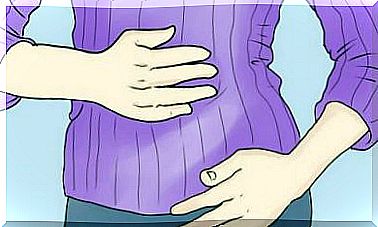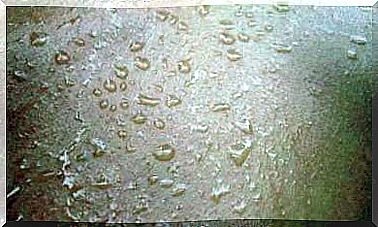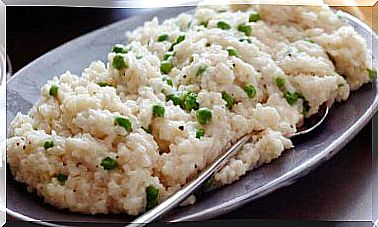6 Factors That Cause Cramps
If you have regular cramps, see a doctor. But first, find out here what are the main factors causing cramps.
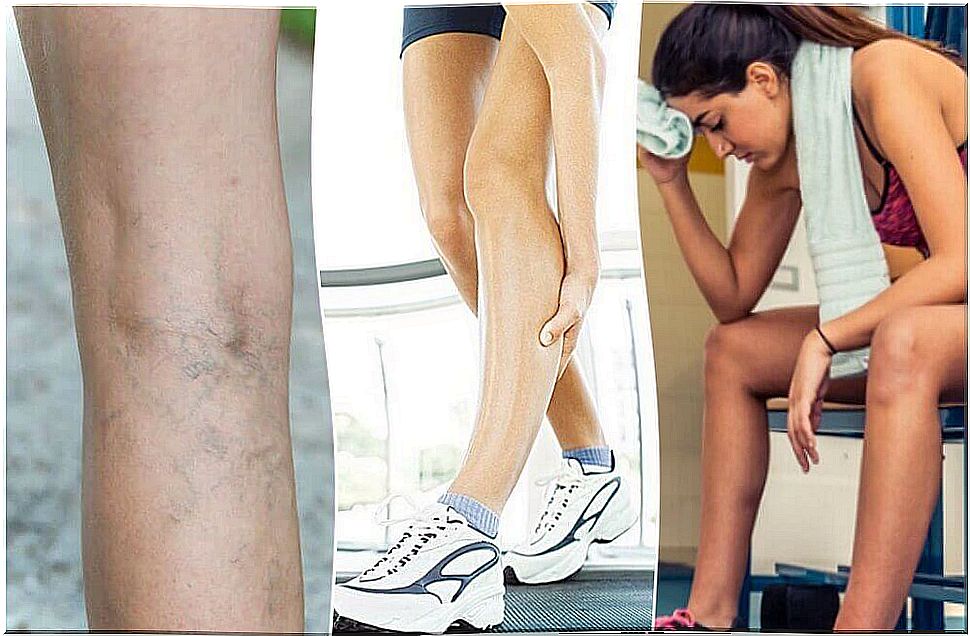
Cramps are involuntary contractions of one or more muscles. They produce pain that can be mild or severe and can last for several minutes. We invite you to find out here what are the main factors causing cramps.
Cramps prevent muscle relaxation: the muscles then remain tense and rigid.
Usually, they affect the lower limbs, the back of the leg and the thigh, but they can also affect the hands, arms and other parts of the body.
Although they are not serious and occur on an ad hoc basis, sometimes cramps are a symptom of a health concern that must be paid attention to.
If you have cramps on a regular basis, find out if they are related to any of the following factors.
1. Poor blood circulation, one of the main factors causing cramps
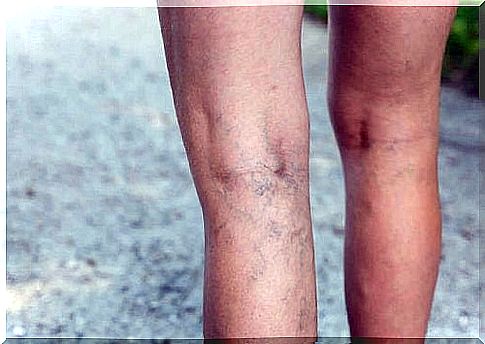
Disorders that are an obstacle to good blood circulation are often the cause of painful muscle cramps.
Throughout the day , muscles depend on good blood circulation to receive the oxygen they need to function properly. If the blood vessels fail to carry oxygen, the muscle cells are not optimally processing the movements of the muscles and, as a result, a contraction occurs.
It is then necessary to find the factor causing the poor blood circulation and, depending on this, to follow an appropriate treatment.
2. A mineral deficiency
The majority of patients who experience recurrent cramps are deficient in magnesium. However, it is also possible that the cramps are the result of a deficiency of other minerals.
Generally speaking, cramps can be the result of a low concentration of electrolytes. This low concentration is due to a deficiency in potassium, calcium and sodium. This is often the case with athletes and people who practice very demanding physical activities, because these substances are eliminated with sweat.
To counteract this, it is essential to consume isotonic drinks, especially after training. It is also necessary to increase its consumption of minerals by consuming in particular fruits and vegetables.
3. Dehydration
It is common to have muscle cramps and spasms in countries with hot climates, and in summer.
However, this does not mean that the temperature itself is the factor causing the cramps. The loss of fluids associated with sweating as well as low water consumption can be the cause of cramps: dehydration sensitizes nerve endings and causes contractions in different muscle groups in the body.
In order to avoid this, it is recommended to consume 6 to 8 glasses of water per day, to drink herbal teas and natural juices, and to eat fruits rich in water.
4. Physical overload
Excessive physical activity, whether as part of a marathon, very intense training or special work, can cause leg cramps a few hours after practice.
When muscles are too exhausted, muscle cells become irritated and fail to properly process the electrical signals they receive.
In order to avoid this, and to prevent further injuries, it is essential to adopt training plans that respect our physical capacity. In addition, before and after the sports routine, it is necessary to do warm-up and stretching exercises, respectively.
5. Cold temperatures

Exposure of the body to low temperatures, especially during a sudden change (from heat to cold) can cause great tension in the muscles.
This type of cramping is less common and can be avoided by taking measures to maintain stable body heat.
6. Anatomical and medical reasons
Cramps are such a common occurrence that many people cannot imagine that they could be the result of anatomical or medical reasons.
This is not often the case, but this possibility should not be ruled out. A specialist can assess the cramps.
These anatomical and medical reasons are as follows:
- poor alignment of the legs, hips, or torso
- damage to the nerves
- compressed vessels
- metabolic changes such as diabetes, hypothyroidism, hypoglycemia
- neurological diseases such as Parkinson’s disease, motor neuron disease, or primary diseases of the muscles (myopathy)
- venous insufficiency and varicose veins
- cirrhosis
- side effects of certain medications
We dare say that everyone, at least once in their life, has had a cramp.
It is usually not necessary to undergo treatment because the cramps go away quickly. However, if you have regular cramps, especially during the night, it is best that you see a doctor.
